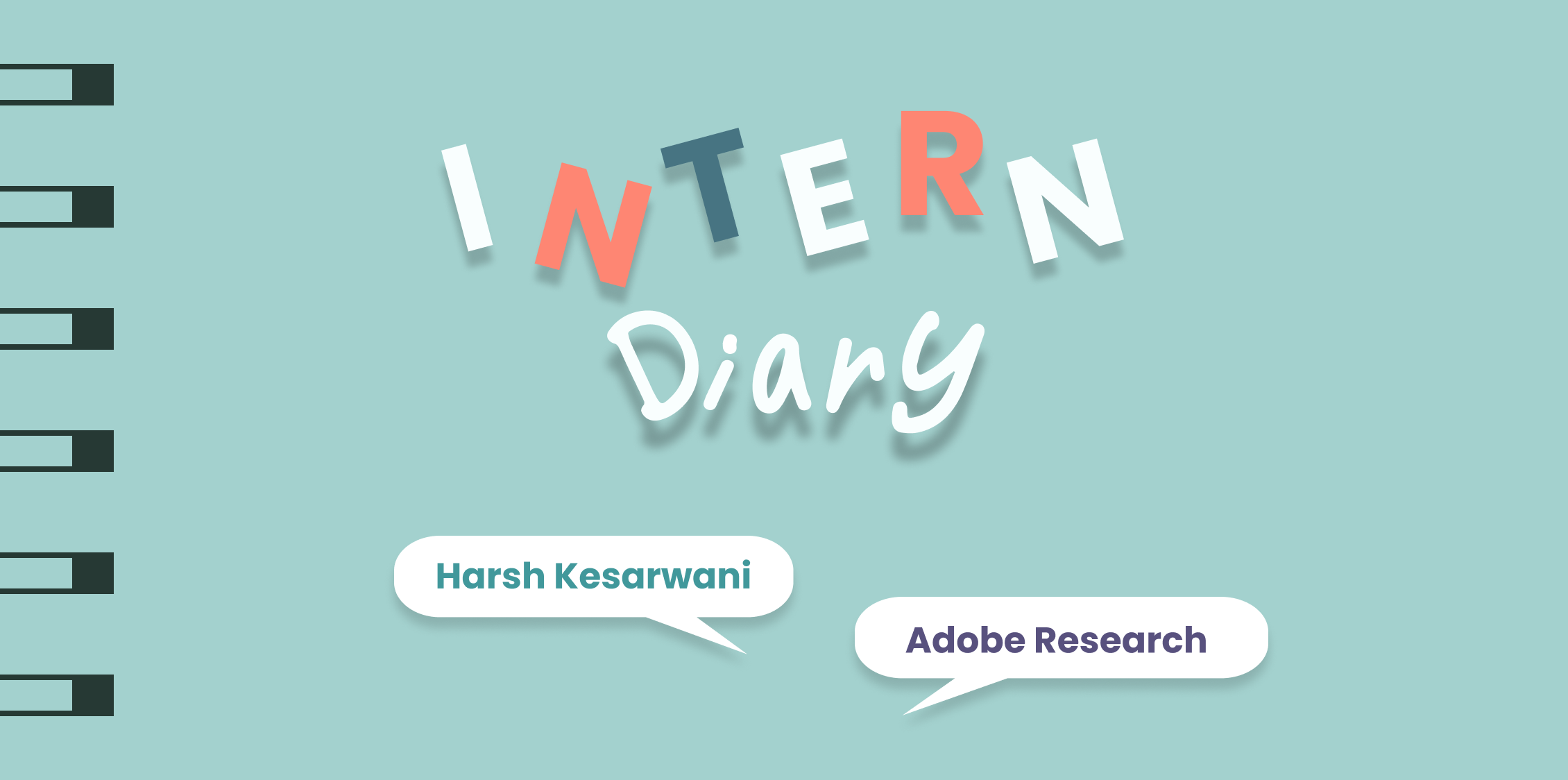

Body of IITR
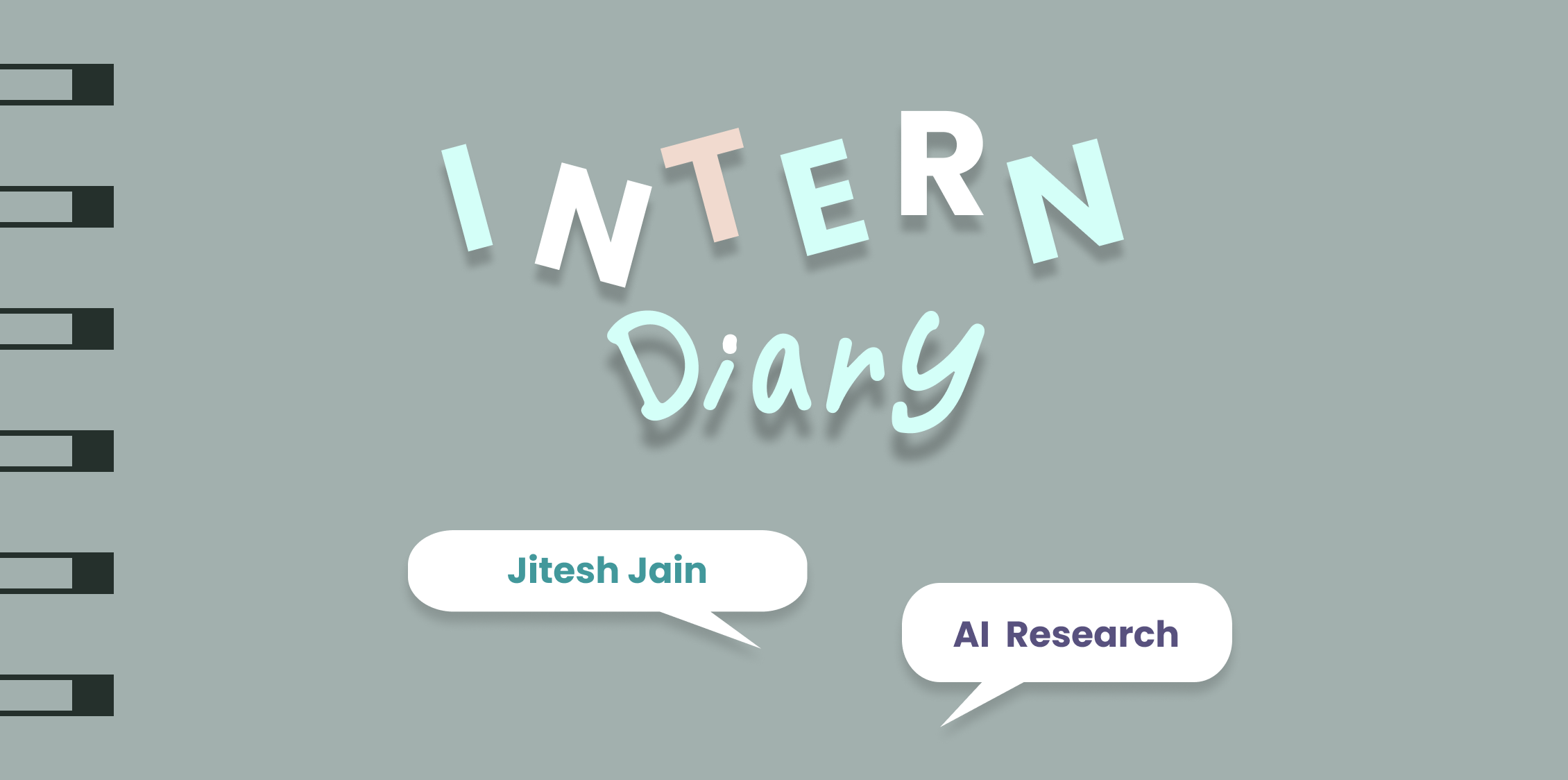
This summer, I worked as a remote research intern at SHI Lab @ University of Oregon (UO) and Picsart AI Research (PAIR). I joined the SHI Lab to work with Professor Humphrey Shi in November 2020 during my second year and continued my work there during the summers, and I joined PAIR during the summers (June 2021). My research focused on the field of Computer Vision during both my internships.
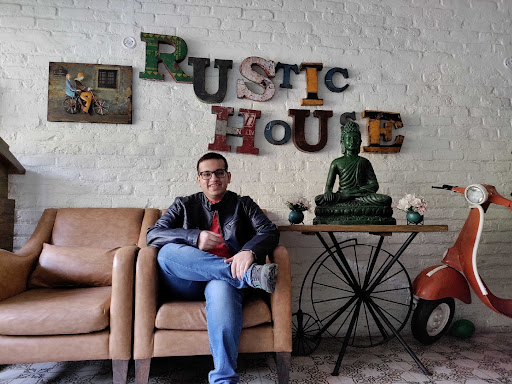
My journey with Deep Learning started with one of VLG’s discussions back in October 2019 during my 1st year (a time when we used to have in-person discussions). At that time, I knew DL was something I wanted to pursue to some depth. I started learning about the various concepts through online media around that time. However, it wasn’t until April 2020 that I dived deeper into DL, making it my priority. From April 2020 to September 2020, I watched various courses online, read several books on the math behind ML, and worked on projects, learning the art of reading research papers simultaneously. That was when I knew I had to try out research in DL and started making my profile to find a research intern. Industrial Internships had stricter eligibility criteria, so I aimed at doing an academic research intern first.
Prepping for the Email Sprint
I started mailing professors at various Indian institutes in June 2020. However, none replied to my emails which is not that uncommon. That was when I realized I needed something solid on my profile other than paper implementations to make me stand out. Fortunately, a few of us from the core team of VLG were able to produce short research and submit it to the Student Abstract Track at AAAI 2022 conference (a top-tier conference). Our work got rejected, but I had an arxiv preprint on my resume nonetheless.
I resumed mailing at the end of September 2020, and with the COVID pandemic making remote work, the new normal, I included professors at universities abroad too, in my mailing list. I wasn’t sure about the field I wanted to research, so I cold emailed professors working in CV to NLP to RL and even theoretical ML (well, yes, I was a bit desperate xD).
SHI Lab
I had written my first mail to Prof. Shi on 23rd September 2020, and after a couple of reminders, I finally got a reply on 3rd November. So yeah, getting a research intern in your 2nd year takes a lot of patience and emails, too (I cold emailed about 60 professors, and I am sure 90% of those didn’t even read my mail). Fun Fact: I didn’t find Prof. Shi through csrankings.org or universities’ websites like other professors on my list. I got his name from a senior :P
During our 1st meeting, Prof Shi asked me to prepare a presentation on a research idea based on VQA (Visual Question and Answering). Knowing that I hadn’t read anything about VQA earlier, he gave me 7–10 days to propose a research direction. I read a few research papers and presented an idea to increase the robustness (to the language bias in the datasets) of the existing VQA models. I hope that wasn’t too technical :P. To my surprise and ecstasy, he liked the idea, and I finally had the opportunity to harness my research potential on 23rd November 2020.
Picsart AI Research (PAIR)
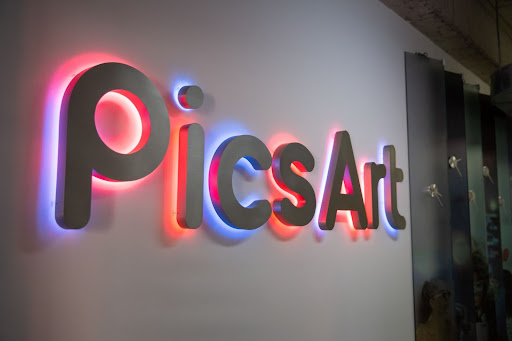
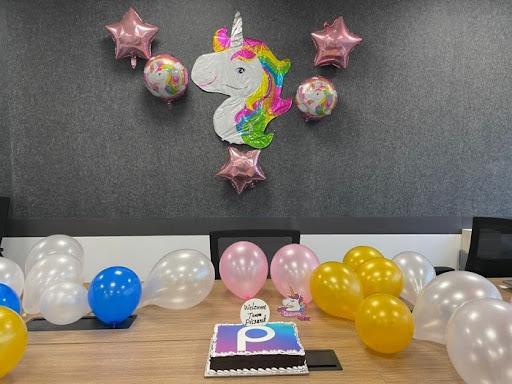
I have always found CP a boring, purposeless, and mundane activity. Nonetheless, I knew I had to practice coding questions and DSA if I were to sit for on-campus interns during the 2021 intern season. As I was already working on a research project at SHI Lab, I lightly studied a few things on Interviewbit as per the norm. Still, I was looking for paid research opportunities (my remote intern at SHI Lab being unpaid). Driven by the unwanted burden of CP, I asked Prof. Shi if he would be willing to provide me with financial assistance or recommend another professor for an intern. To my surprise, he offered me a research intern position at the recently founded Picsart AI Research, where he works as the Chief Scientist. So, I was fortunate enough to opt-out of the on-campus intern season (or rather the rat race).
TLDR: Let your research advisor know when you are in a problem. They are there to help you and ensure you focus on your research.
SHI Lab
At SHI Lab, I led a project targeted at developing a technique to complete occluded objects in an image. This task was on the intersection of the Image Segmentation and Image Inpainting field. It may surprise you, but I am still working on this project (not the same but a sub-part). I had two final year PhDs to guide me through and help with the ideation, and I was responsible for all the programming and experiments.
Picsart AI Research (PAIR)
At PAIR, I was responsible for developing an efficient semantic segmentation framework with high performance and low latency. Like SHI Lab, I was supposed to do all the major work and had the Team Lead at the Moscow AI Lab of Picsart as my advisor. The project continued well beyond the summer, and finally, I was able to submit a first-author paper to a top-tier conference.
At both Labs, I had friendly and excellent advisors who tried to help me with the project and train me in the research field in a way, explaining actions and practices from a broader perspective of research as a career than a short-term internship.
You may read more in detail about my research experience and learnings on Medium.
Right, so that’s my research experience thus far! During my time at IITR, I have observed that research internships are the best way for undergrads to develop some expertise in the research field (especially in DL). Finding a research intern is strenuous and persevering with a research project is even more challenging. However, undergraduate years are a bonus in the research field. If you don’t over-stress yourself, trust the advisors, and stay confident about your research goal for long enough, things will turn out good enough. Research is a bright field!